Table of Contents
Saffron is definitively the most expensive spice in the world, with genuine premium-grade saffron costing $300-$500 per pound ($10-$15 per ounce) as of 2025. This crimson spice derived from Crocus sativus flower stigmas commands this extraordinary price due to its incredibly labor-intensive harvesting process—requiring 75,000 flowers to produce just one pound of saffron threads.
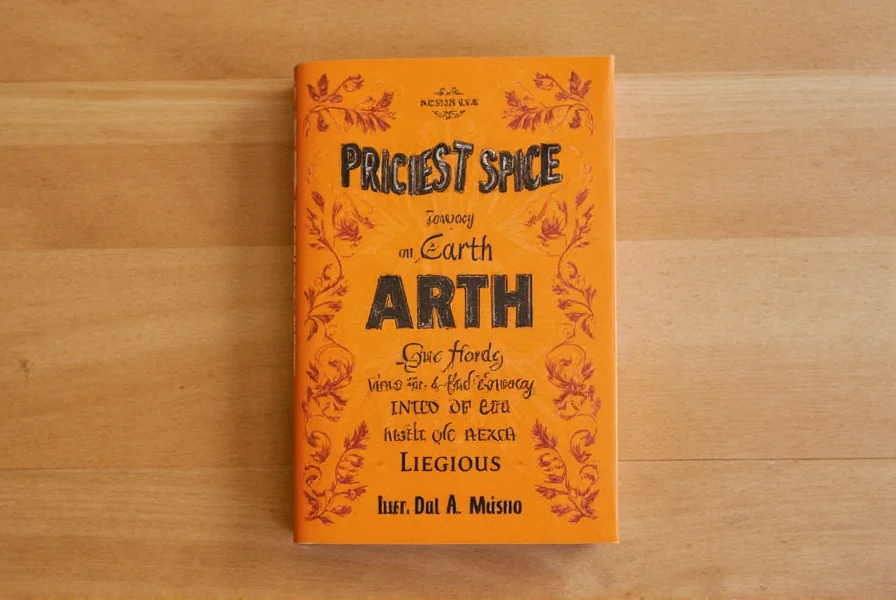
Unlike common misconceptions, no other spice comes close to saffron's price per weight. While vanilla beans are valuable (typically $10-$20 per ounce), they don't approach saffron's cost. Pure vanilla extract commands higher prices ($50-$100 per ounce) due to processing, but this is fundamentally different from comparing raw spices.
Why Saffron Costs More Than Any Other Spice
The extraordinary cost of saffron stems from three critical factors that make its production uniquely challenging:
- Extreme Labor Intensity: Each Crocus sativus flower produces only three delicate stigmas (the saffron threads), which must be hand-picked at dawn before sunrise when flowers are still closed. This requires thousands of skilled workers harvesting 150,000+ flowers daily during the short 2-3 week blooming season.
- Geographic Limitations: Only specific regions with particular climate conditions (primarily Iran, Spain, and Kashmir, India) can produce high-quality saffron. Iran alone supplies 90% of the world's saffron.
- Rigorous Processing Requirements: After harvesting, stigmas must be carefully dried within hours using traditional methods to preserve color, flavor, and aroma compounds. The ISO 3632 standard measures saffron quality based on crocin (color), picrocrocin (taste), and safranal (aroma) content.
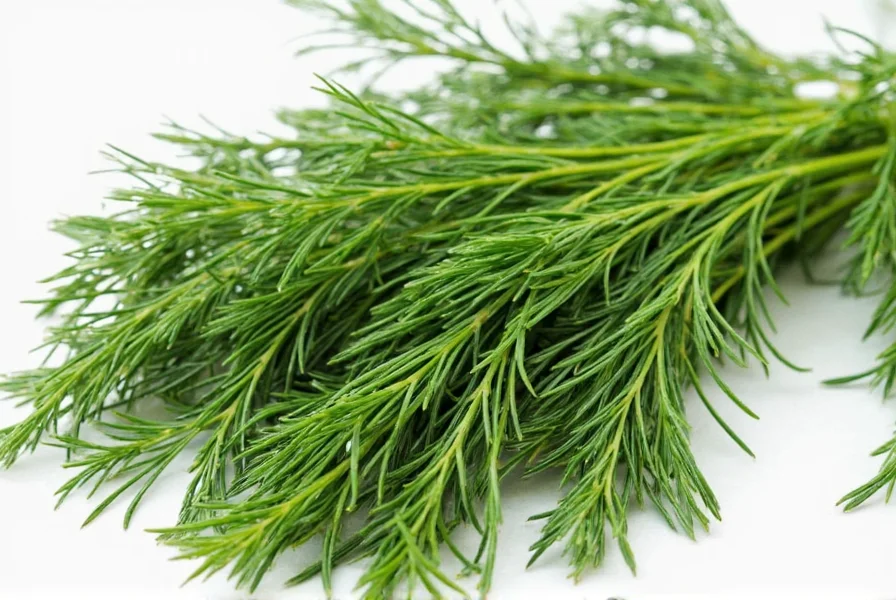
| Spice | True Price per Ounce (USD) | Flowers Required per Pound | Key Value Determinants |
|---|---|---|---|
| Saffron (Category I) | $12-$15 | 75,000-100,000 | Crocin level, thread length, moisture content |
| Vanilla Beans | $6-$12 | N/A | Bean length, moisture, vanillin content |
| Cardamom | $2-$4 | N/A | Color, seed count, aroma intensity |
Saffron Pricing Breakdown: What You Should Pay in 2025
Saffron pricing follows strict quality standards defined by ISO 3632. Understanding these categories prevents you from overpaying or purchasing adulterated product:
- Category I (Premium): $12-$15 per ounce ($400-$500 per pound) - Minimum crocin level of 190, vibrant crimson color, long threads, strong aroma. This is the only grade suitable for authentic culinary use.
- Category II: $8-$10 per ounce ($275-$350 per pound) - Crocin level 150-190, slightly shorter threads, moderate aroma. Acceptable for commercial cooking.
- Category III: $5-$7 per ounce ($175-$250 per pound) - Crocin level 110-150, often mixed with other materials. Typically adulterated or low-quality.
Critical warning: If saffron costs less than $8 per ounce, it's almost certainly counterfeit. Common adulterants include safflower, marigold petals, dyed corn silk, or artificial coloring.
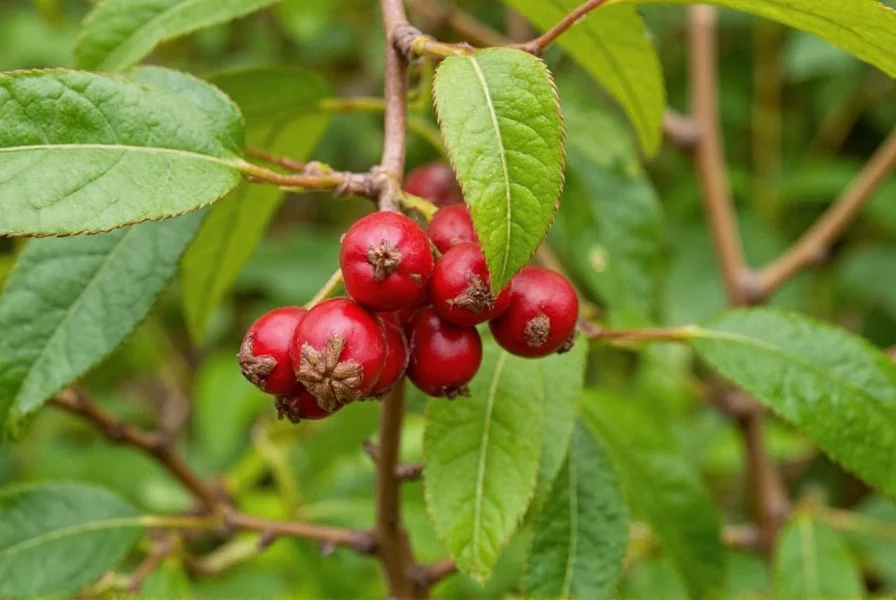
How to Identify Genuine Saffron (Avoiding Fakes)
With saffron's high value comes widespread fraud. Here's how to verify authenticity using professional methods:
Physical Verification Tests
- Water Test: Place 3-4 threads in warm water. Genuine saffron releases golden-yellow color gradually over 15+ minutes. Fake saffron bleeds color immediately (red or orange).
- Texture Check: Real saffron threads should feel dry and brittle, breaking easily between fingers. Counterfeit threads often feel rubbery or damp.
- Magnification: Under magnification, authentic saffron shows trumpet-shaped tips and fibrous structure. Adulterated products appear uniform and lack natural variation.
Where to Buy Authentic Saffron
- Purchase whole threads, never powder (easiest to adulterate)
- Look for ISO 3632 certification and harvest year (current season is best)
- Reputable sources include Persian (Iranian) saffron from Torbat-e Heydarieh or Spanish saffron from La Mancha region
- Avoid Amazon marketplace sellers without verifiable sourcing information
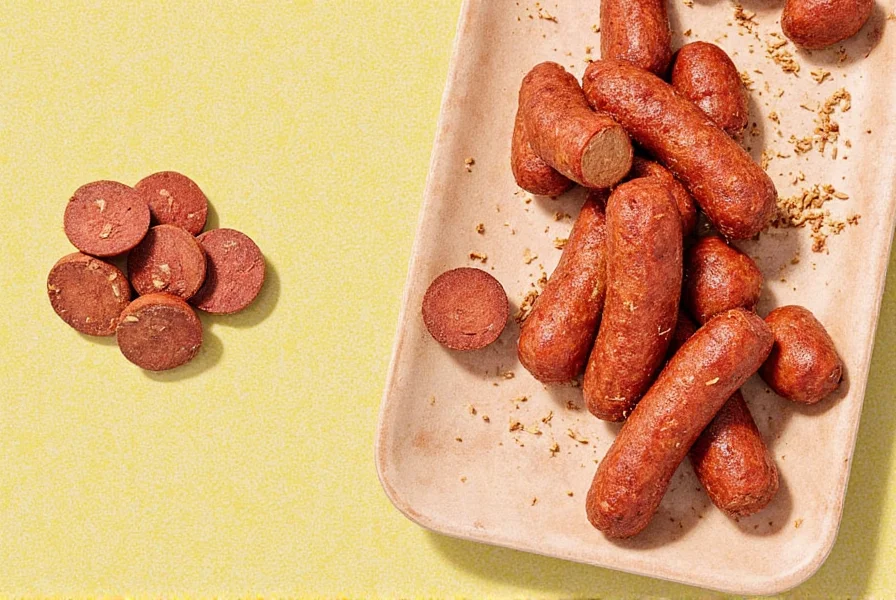
Practical Usage Tips for Premium Saffron
Maximize your investment in expensive saffron with these professional techniques:
- Proper Blooming: Never add saffron directly to dishes. Instead, crush 15-20 threads (0.1g) and soak in 2-3 tablespoons of warm liquid (water, broth, or milk) for 15-20 minutes before adding to your recipe.
- Storage Method: Keep in an airtight container away from light and moisture. Properly stored saffron maintains potency for 1-2 years (never refrigerate due to humidity).
- Potency Preservation: Add saffron-infused liquid near the end of cooking for maximum flavor impact in dishes like paella, risotto, or biryani.
- Economy Tip: Freeze excess saffron in single-use portions to maintain freshness without repeated exposure to air.
Complete Buying Guide for Authentic Saffron
When investing in the world's most expensive spice, follow this comprehensive purchasing checklist:
Red Flags Indicating Counterfeit Saffron
- Price significantly below $8 per ounce
- Uniform thread length and color (real saffron has natural variation)
- Strong chemical smell instead of honey-floral aroma
- Instant color release in water test
- No harvest year or origin information
Recommended Retailers by Region
- United States: Zaran Saffron (direct from Iran), The Spice House
- Europe: La Chinata (Spain), Saffron King (Netherlands)
- Online: Sites with verifiable farm-to-table sourcing and ISO certification
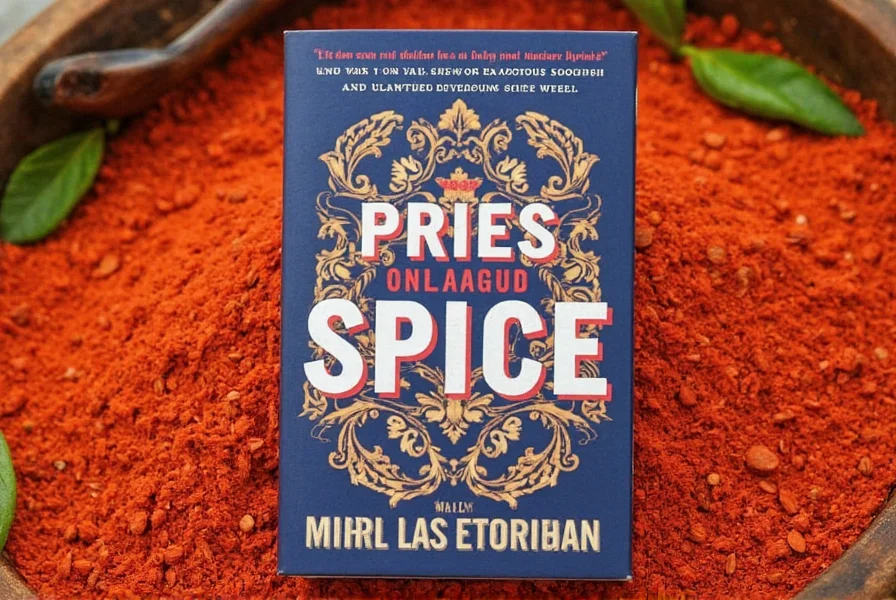
Frequently Asked Questions About the World's Most Expensive Spice
What is the most expensive spice in the world?
Saffron is definitively the most expensive spice globally, with premium-grade saffron costing $300-$500 per pound as of 2025. This price reflects the extraordinary labor required—75,000 Crocus sativus flowers yield just one pound of saffron threads, all hand-harvested at dawn during a short 2-3 week blooming season.
Why is saffron so much more expensive than vanilla?
Saffron's production is fundamentally more labor-intensive than vanilla. While vanilla requires hand-pollination of orchids, each vanilla pod develops naturally. Saffron demands harvesting 75,000+ individual stigmas from closed flowers within a narrow daily window. The ISO 3632 quality standard further limits supply of premium saffron, whereas vanilla grading is less stringent.
How much should I pay for genuine saffron in 2025?
Authentic Category I saffron costs $12-$15 per ounce ($400-$500 per pound). Prices below $8 per ounce almost always indicate adulteration. Be wary of "bargain" saffron on Amazon or eBay—reputable sellers provide ISO certification, harvest year, and verifiable origin information.
How can I verify saffron authenticity at home?
Perform the water test: genuine saffron releases golden-yellow color gradually over 15+ minutes. Fake saffron bleeds color immediately (often red). Authentic threads feel dry and brittle, have trumpet-shaped tips under magnification, and emit a honey-floral aroma. Avoid powder forms entirely as they're easily adulterated.
Does expensive saffron really taste different?
Yes, premium saffron delivers a complex flavor profile with honey, floral, and earthy notes that cheap alternatives cannot replicate. The key compounds crocin (color), picrocrocin (taste), and safranal (aroma) must be present in proper balance—only achieved in high-grade saffron. In dishes like paella or bouillabaisse, authentic saffron is irreplaceable.
How should I store saffron to maintain its value?
Store saffron in an airtight container wrapped in foil, kept in a cool, dark cupboard. Properly stored, premium saffron maintains potency for 1-2 years. Never refrigerate due to humidity damage. For extended storage, freeze in single-use portions to prevent repeated air exposure.
How much saffron do I need for a recipe serving four people?
Only 15-20 threads (approximately 0.1 grams) is sufficient to flavor a dish for 4-6 people. Always crush threads and soak in warm liquid for 15-20 minutes before use to maximize flavor extraction. A single one-gram vial of premium saffron should yield 10-12 servings.










 浙公网安备
33010002000092号
浙公网安备
33010002000092号 浙B2-20120091-4
浙B2-20120091-4